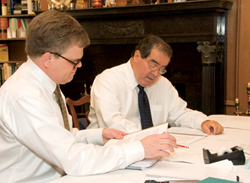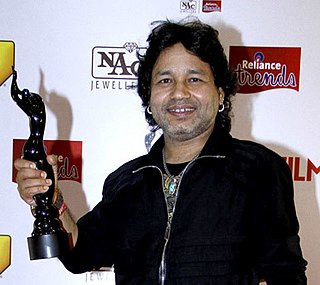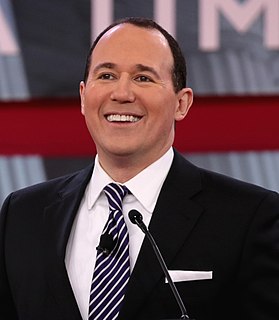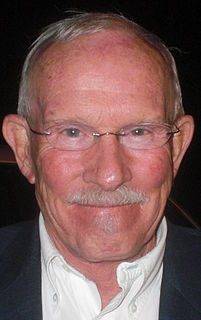A Quote by Mahatma Gandhi
The English language is so elastic that you can find another word to say the same thing.
Related Quotes
A word about 'plain English.' The phrase certainly shouldn't connote drab and dreary language. Actually, plain English is typically quite interesting to read. It's robust and direct-the opposite of gaudy, pretentious language. You achieve plain English when you use the simplest, most straightforward way of expressing an idea. You can still choose interesting words. But you'll avoid fancy ones that have everyday replacements meaning precisely the same thing.
I have a funny relationship to language. When I came to California when I was three I spoke Urdu fluently and I didn't speak a word of English. Within a few months I lost all my Urdu and spoke only English and then I learned Urdu all over again when I was nine. Urdu is my first language but it's not as good as my English and it's sort of become my third language. English is my best language but was the second language I learned.
I don't follow anything blindly. I have to know the entire thing, if I have to get in to it. It might sound funny to you, but it's like using English language. I use an English word only when I know its meaning and understand its connotation. You won't hear me say, 'What's up, dude' or anything like that just for the heck of it.
When I was quite young I fondly imagined that all foreign languages were codes for English. I thought that "hat," say, was the real and actual name of the thing, but that people in other countries, who obstinately persisted in speaking the code of their forefathers, might use the word "ibu," say, to designate not merely the concept hat, but the English word "hat." I knew only one foreign word, "oui," and since it had three letters as did the word for which it was a code, it seemed, touchingly enough, to confirm my theory.
James Joyce's English was based on the rhythm of the Irish language. He wrote things that shocked English language speakers but he was thinking in Gaelic. I've sung songs that if they were in English, would have been banned too. The psyche of the Irish language is completely different to the English-speaking world.
We do not for example say that the person has a perfect knowledge of some language L similar to English but still different from it. What we say is that the child or foreigner has a 'partial knowledge of English' or is 'on his or her way' towards acquiring knowledge of English, and if they reach this goal, they will then know English.
In fact, I point out that all the conspiracies in history - especially during the last 5000 years - are actually different aspects of the same conspiracy. Some people fixed on one aspect of the conspiracy, and say this is the problem, others say another thing, but the thing is all the conspirators work together. All the conspirators are part of the same operation. And this is what people find very reluctant.
It took a pretty drastic moment to shift my thinking towards visual arts. I got to a moment in my writing career when I wasn't trusting the language, I was really not trusting the written language, the English language. How do you work with a material that you don't have trust in? I had to step away from it and find another way of articulating and I had to do it without words.









































